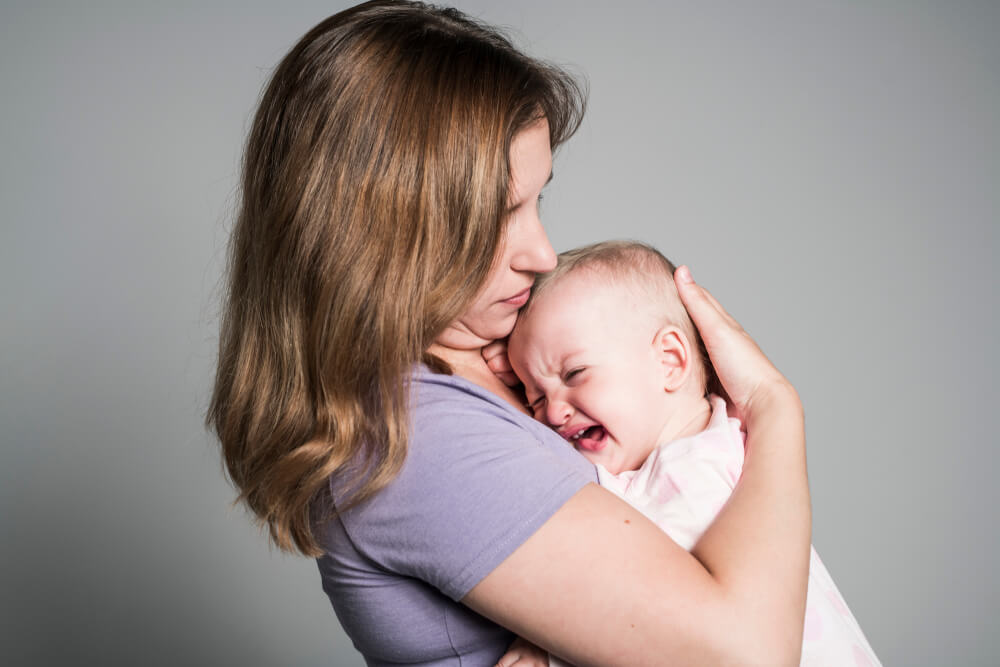Motherly Intuition: Don’t Ignore It
The experts, unfortunately, do not often pay enough attention to motherly intuition. In some cases, they disregard it altogether. But, we implore you to pay attention to that motherly instinct. If you believe that there is something wrong with your child, you should seek medical assistance as soon as possible. With a symptom of high pitched cry, you must trust your instincts and stay on top of the situation because this behavior could indicate a birth injury. Your doctor could rule out your child’s fussiness as merely something natural, unfortunately, this is not always the case.
Different Kinds of Cries
Healthcare professionals have boiled infant high pitched cry down to a science. When diagnosing this condition, they will look at the decibels and the frequency of your child’s cries. They do this as a way of determining if neurological disorders exist. Some of the symptoms of a healthy child crying will be different than those of a child with a birth disorder or other medical issues.
A cry can also be a warning sign to mothers and doctors. Stay ahead of the dangers because doing so can go a long way in lowering the risks that your child will suffer a disability. Doctors may take the high pitch cry as an indicator that they should search for other symptoms and dangers even when no other telltale signs currently present themselves.

